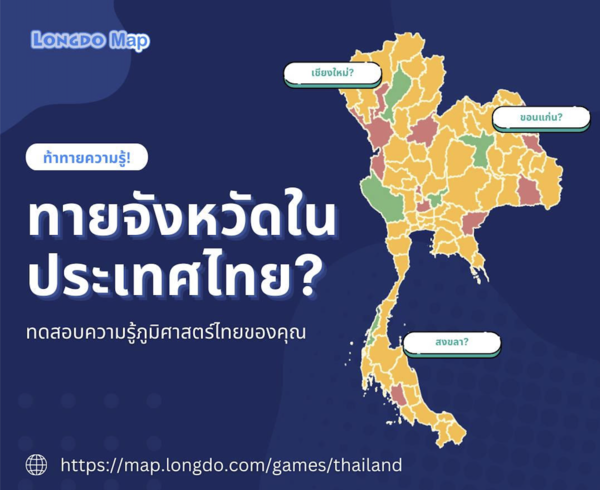| その | - (其の) (adj-pn) (1) (uk) (See 何の・どの,此の,其れ・1,彼の) that (something or someone distant from the speaker, close to the listener; actions of the listener, or ideas expressed or understood by the listener); the; (int) (2) um...; er...; uh...; (P) [EDICT]
|
| あと | - (後) (n,adj-no) (1) (See 後ずさり) behind; rear; (2) (See その後) after; later; (3) after one's death; (4) remainder; the rest; (5) descendant; successor; heir; (6) (arch) past; previous; (n-adv) (7) more (i.e. five more minutes); (P) [EDICT]
- (跡) (n) (1) trace; tracks; mark; sign; (2) remains; ruins; (3) (esp. 痕) scar; (P) [EDICT]
- (迹) (n) (1) trace; tracks; mark; sign; (2) remains; ruins; (3) (esp. 痕) scar; (P) [EDICT]
- (痕) (n) (1) trace; tracks; mark; sign; (2) remains; ruins; (3) (esp. 痕) scar; (P) [EDICT]
- (址) (n) (1) trace; tracks; mark; sign; (2) remains; ruins; (3) (esp. 痕) scar; (P) [EDICT]
|
| ・ | - (なかぽち) (n) (See 中黒,中点) middle dot (typographical symbol used between parallel terms, names in katakana, etc.); full-stop mark at mid-character height; interpoint (interword separation) [EDICT]
- (なかぽつ(・;中ぽつ);なかポツ(・;中ポツ)) (n) (See 中黒,中点) middle dot (typographical symbol used between parallel terms, names in katakana, etc.); full-stop mark at mid-character height; interpoint (interword separation) [EDICT]
- (なかぐろ) (n) middle dot (typographical symbol used between parallel terms, names in katakana, etc.); full-stop mark at mid-character height; interpoint (interword separation) [EDICT]
|
| シティ | |
| に | - (二) สอง [LongdoJP]
- () (prt) indicates location of action (formal literary form of "de"); at; in; (P) [EDICT]
- () (prt) (See に,は) for (in regard to); in order to [EDICT]
- () (exp) also; too; not ... either; as well; even [EDICT]
- () (exp) (1) (also にゃあ) (See ねば) if not ... (negative conditional); (2) (See には) for (in regard to); in order to [EDICT]
- (荷) (n) (1) load; baggage; cargo; freight; goods; (2) burden; responsibility; (P) [EDICT]
- (似) (suf) takes after (his mother) [EDICT]
- (丹) (n) red earth (i.e. containing cinnabar or minium); vermilion; (P) [EDICT]
- (土) (n) (arch) soil (esp. reddish soil) [EDICT]
- (尼) (n,n-suf) (abbr) (See 比丘尼) bhikkhuni (fully ordained Buddhist nun) [EDICT]
- (弐) (num) two (used in legal documents) [EDICT]
|
| 会う | - (あう) (v5u,vi) (1) (逢う is often used for close friends, etc. and may be associated with drama or pathos; 遭う may have an undesirable nuance) to meet; to encounter; (2) (uk) (esp. 遭う when in kanji) to have an accident; to have a bad experience; (P) [EDICT]
|
| 行く | - (いく(P);ゆく(P)) (v5k-s,vi) (1) (See 来る・くる) to go; (2) (い sometimes omitted in auxiliary use) (See 旨く行く) to proceed; to take place; (3) (逝く only) to die; to pass away; (aux-v) (4) to continue; (P) [EDICT]
|
| ましょう | - () (exp) (1) (pol) (ましょ is a colloquialism in standard Japanese; まひょ is a colloquialism in Kansai dialect) (See ます) (used to express the speaker's volition) I'll; (2) (used to make an invitation, request, etc.) let's; (3) (See でしょう) (used to express a conjecture) probably [EDICT]
- () (exp) (1) (See ましょう) shall I?; (2) shall we? [EDICT]
- (魔障) (n) obstacle to Buddhist practice (practise) [EDICT]
- (魔性) (n,adj-no) devilishness [EDICT]
|



